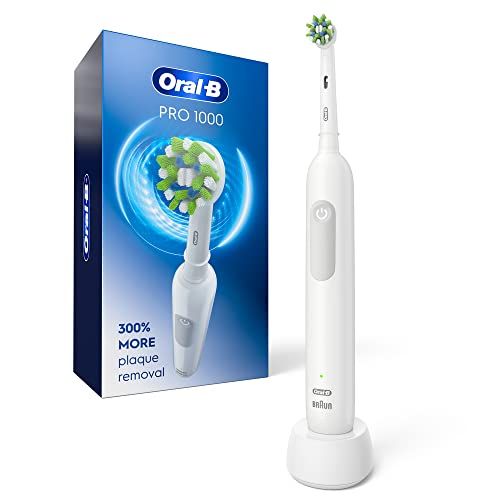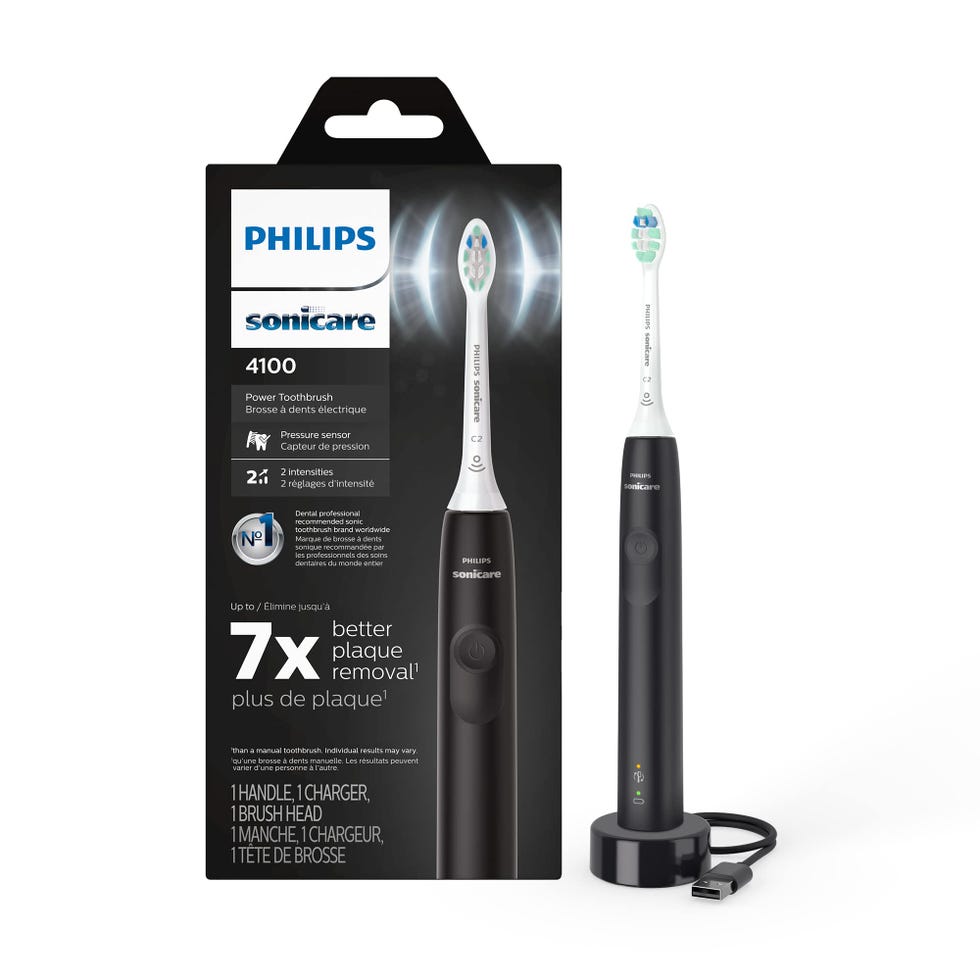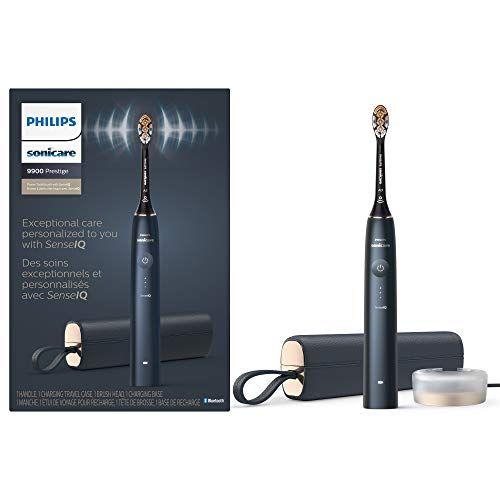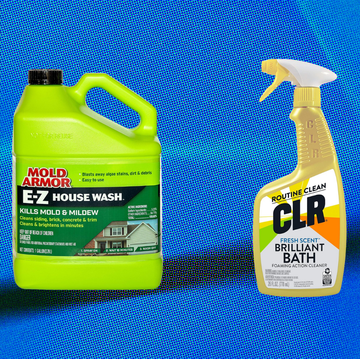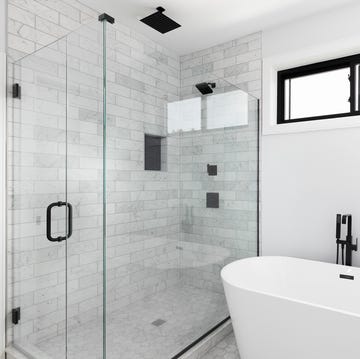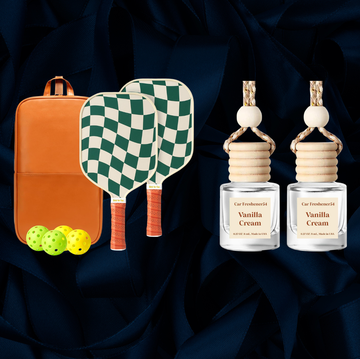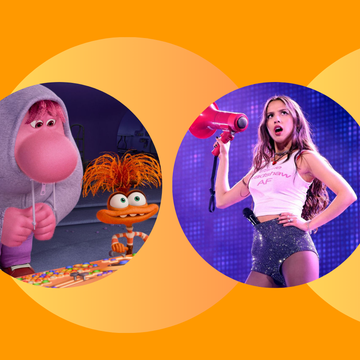Yes, you brush your teeth every morning, but could you be brushing at the wrong time? It turns out there is a correct time to brush, according to dentists. “Brushing your teeth in the morning is not just about fresh breath — it is a crucial part of protecting your oral and overall health,” says Anjali Rajpal, DMD, the founder of Beverly Hills Dental Arts.
In fact, there’s a growing amount of research that shows your dental health goes beyond your teeth and gums. “Good oral health is intricately tied into good overall health and wellness,” says Steven J Katz, DDS, MS, the president of the American Association of Endodontists. “Brushing, flossing and regular dental visits protect not just your mouth, but your heart, lungs, brain and more.”
Before you get out your toothbrush, use the following tips to maximize your dental routine and time your tooth-brushing perfectly.
Should you brush before or after breakfast?
Both dentists we talked to agreed that if you only brush once in the morning, it’s best to do it right after you wake up — before you have anything to eat.
“In addition to getting rid of that horrible morning breath, it is important to brush your teeth in the morning to remove the plaque and bacteria that developed overnight,” says Dr. Katz. That’s because when you’re sleeping, your body doesn’t produce as much saliva as it does when you’re awake so there’s no liquid in your mouth to rinse off bacteria throughout the night.
“If left on your teeth, it will lead to tooth decay and gum disease,” adds Dr. Katz. “And if you breathe with your mouth open while you sleep — as opposed to breathing through your nose — brushing first thing in the morning is even more important, because breathing through your mouth dries out the oral tissues, reduces salivary flow and increases plaque build-up.”
Brushing beforehand also “coats your teeth with protective fluoride, hydroxyapatite, calcium phosphate or other minerals that may be in your preferred toothpaste,” says Dr. Rajpal. This “protects your teeth from acid attacks when you eat breakfast, especially if it is something sugary or acidic, says Dr. Rajpal.
Should you brush again after breakfast?
Probably, but there are a few things to keep in mind so it’s best to double-check with your dentist. “It is not recommended if you have exposed roots, thin enamel or tooth sensitivity because frequent brushing could aggravate it,” says Dr. Rajpal.
Research suggests it's also best to wait 30 minutes after eating or drinking, especially if you’ve had acidic coffee or juice. “Brushing too soon after acid exposure can actually damage your enamel, which becomes temporarily softened,” says Dr. Rajpal.
Lastly, you need to consider how you brush your teeth. “The appropriate technique is crucial,” says Dr. Katz. “Brushing too aggressively can lead to gum recession, erosion of the enamel and sensitivity. Speak to your dentist and/or hygienist about the appropriate brushing technique.” They may recommend using a soft-bristled brush with light pressure and avoiding abrasive toothpaste like some that contain baking soda, charcoal or whitening agents, according to Dr. Rajpal.
If over-brushing is a concern for you and “if you really want a clean, fresh mouth after breakfast or coffee but have already brushed before, try just rinsing instead with a refreshing natural or alcohol-free mouthwash,” says Dr. Rajpal.
Should you also brush after lunch?
“For most people, brushing twice a day, morning and night, is enough to maintain good oral health,” says Dr. Rajpal. “However, brushing after lunch can be a smart move if you are prone to cavities or gum disease; you have eaten something sticky, sugary or acidic; you are wearing braces, aligners, or other appliances that trap food; or you will not be able to brush again for many hours possibly due to a long work shift or travel.”
How to do a better job of brushing your teeth
Take your oral health care to the next level with these tips for brushing your teeth:
- Floss first. Dr. Katz recommends flossing before you brush your teeth. Research has found that people who floss first remove more plaque from between their teeth and have higher concentrations of fluoride in the plaque.
- Don’t rush it. “Most people brush for 30 to 45 seconds, but you need a full 2 minutes to properly clean all surfaces of every tooth,” says Dr. Rajpal. “Try using a timer or a song to pace yourself.”
- Angle your toothbrush. “Always hold your brush at a 45-degree angle toward the gumline — not flat against your teeth,” says Dr. Rajpal. “This helps clean where plaque starts, right where the teeth and gums meet.” While you’re at it, make sure you brush your tongue, too.
- If you go electric, buy the right one. “A $3 manual toothbrush can outperform a $200 electric one if you are using proper technique, brushing long enough and being thorough,” says Dr. Rajpal. “However, if you prefer, a good electric toothbrush often includes timers and pressure sensors to protect your gums.”
- Skip the rinse. “After brushing, spit but don’t rinse with water right away,” says Dr. Rajpal. “This leaves fluoride or other toothpaste minerals on your teeth longer, allowing it to strengthen enamel more effectively.”
- Toss old brushes. “Replace your toothbrush or electric brush head every 3 months — or sooner if the bristles are frayed,” says Dr. Rajpal. Store your current brush upright in open air and not enclosed in a case where bacteria can thrive, she adds.
The bottom line
Brush your teeth right before bed and right when you wake up and floss daily. See your dentist for regular checkups and don’t ignore pain or sensitivity in your mouth. “Nothing looks, functions or feels like our own teeth,” says Dr. Katz. “Teeth are essential for speech, eating and our all-important smiles. In addition, maintaining healthy teeth leads to improved cardiovascular health and reduced risk of diabetes and enables better cognitive function. In short, keeping your natural teeth isn’t just about comfort or cosmetics, it’s an investment in your long-term well-being.”

